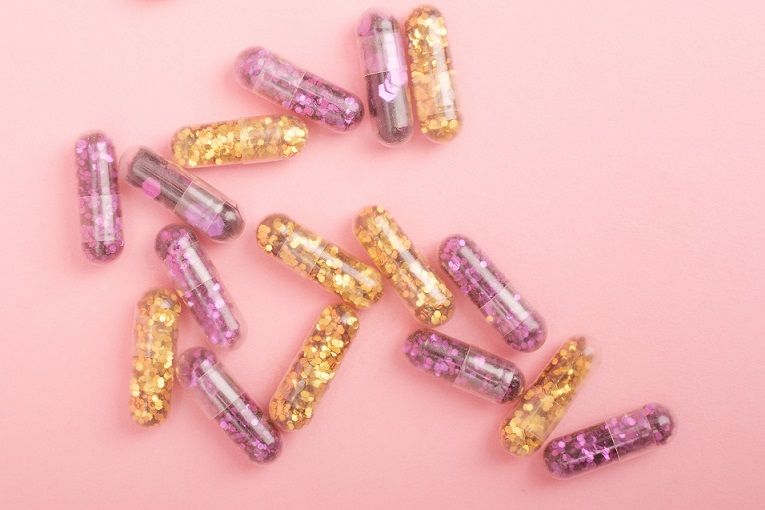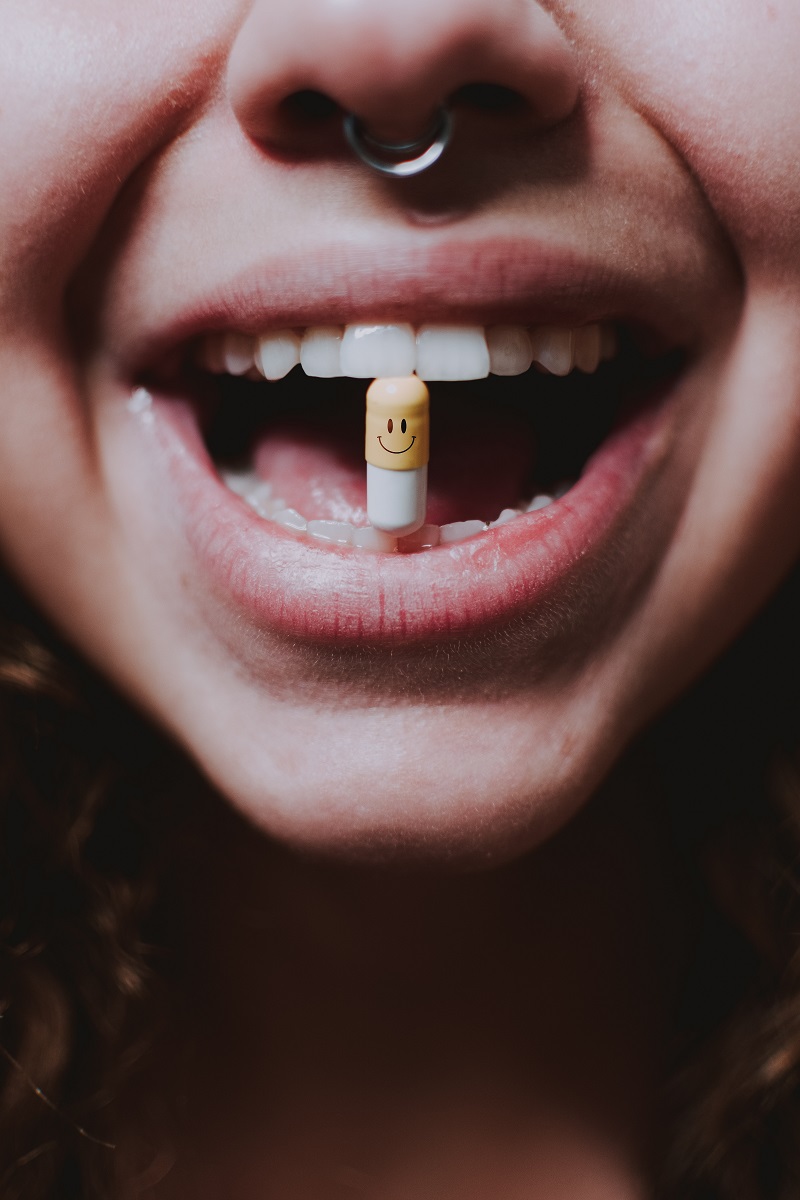Social media offers a platform for discrete drug deals with deadly consequences.
As more and more people turn to social media to keep in touch with friends and loved ones, stay up to date with current events and post about life’s successes, predators have taken notice of the increase in online presence and have begun to sell dangerous opioids on these platforms.
Kade Webb’s family knows this danger all too well. Wadd, 20, of California, passed away in a Safeway Market bathroom in December 2021. When law enforcement checked his phone and the social media apps he’d installed, they found he had purchased Percocet, a prescription opioid, through a dealer on Snapchat. Unbeknownst to Webb, the drug also contained a deadly amount of fentanyl.
“Social media is almost exclusively the way they get the pills,” said Morgan Gire, district attorney for Placer County, California. He has filed homicide charges against a 20-year-old man accused of being Webb’s dealer. “About 90 percent of the pills that you’re buying from a dealer on social media now are fentanyl,” Gire said.

Overdoses are currently the leading cause of preventable death among people ages 18 to 45, according to federal data, which also indicates pill use is now the highest among people ages 18 to 25. Deaths from fentanyl went from 253 in 2019 to 884 in 2021, according to a recent JAMA study.
Social media apps such as Snapchat come equipped with privacy features such as encrypted or disappearing messages. This allows dealers to easily conduct their business online. With the onset of the coronavirus pandemic, which caused more demand for illicit prescription drugs amid social isolation, online transactions went through the roof. Drug overdose fatalities reached a record-breaking high in 2021 with almost 108,000 deaths, according to the Centers for Disease Control and Prevention (CDC).
Lacing pills with fentanyl, which is faster and cheaper to produce than heroin and 50 times stronger, helps dealers ensure their customers stay addicted. In 2021, the Drug Enforcement Administration (DEA) seized 20.4 million counterfeit pills and research has suggested that four out of every ten pills contain lethal doses of fentanyl.
“The result is that new waves of customers are swiftly becoming addicted,” said Dr. Nora Volkow, director of the National Institute on Drug Abuse. “When you are putting fentanyl in pills that are sold as benzodiazepines or for pain, you are reaching a new group of customers that you wouldn’t have if you were just selling fentanyl powder.”
In fall 2021, the DEA noted 76 cases involving drug traffickers who advertised with emojis and code words on e-commerce platforms and social media apps.
“There are drug sellers on every major social media platform – that includes Instagram, Facebook, Twitter, Snapchat, Pinterest, TikTok and emerging platforms like Discord and Telegram,” said Tim Mackey, a professor at the University of California San Diego and owner off a company that detects illicit drug dealing online. “It’s an entire ecosystem problem: As long as your child is on one of those platforms, they’re going to have the potential to be exposed to drug sellers.”
He added, “[Our company] detects about 10,000 new drug-related accounts a month. Most drug seekers use a hashtag with a celebrity associated with it.” Not blatantly searching for their drug allows them to make a purchase below the radar.
The increase in social media sales has sparked new anti-drug ad campaigns and even protests at company headquarters. In January, family and friends of young people who died protested outside the headquarters of Snap, the parent company of Snapchat, in Santa Monica, California. The Ad Council also recently announced a campaign to roll out this summer, funded by Snap, Meta and Google, to make teens and young adults aware of the dangers of fentanyl. Twitter, TikTok, Twitch and Reddit will be providing landing zones for the warnings.
Sources:
Seeking Pills, Young People Head to Social Media, With Deadly Results
Provisional Drug Overdose Death Counts
Teen drug overdose deaths rose sharply in 2020, driven by fentanyl-laced pills


Join the conversation!